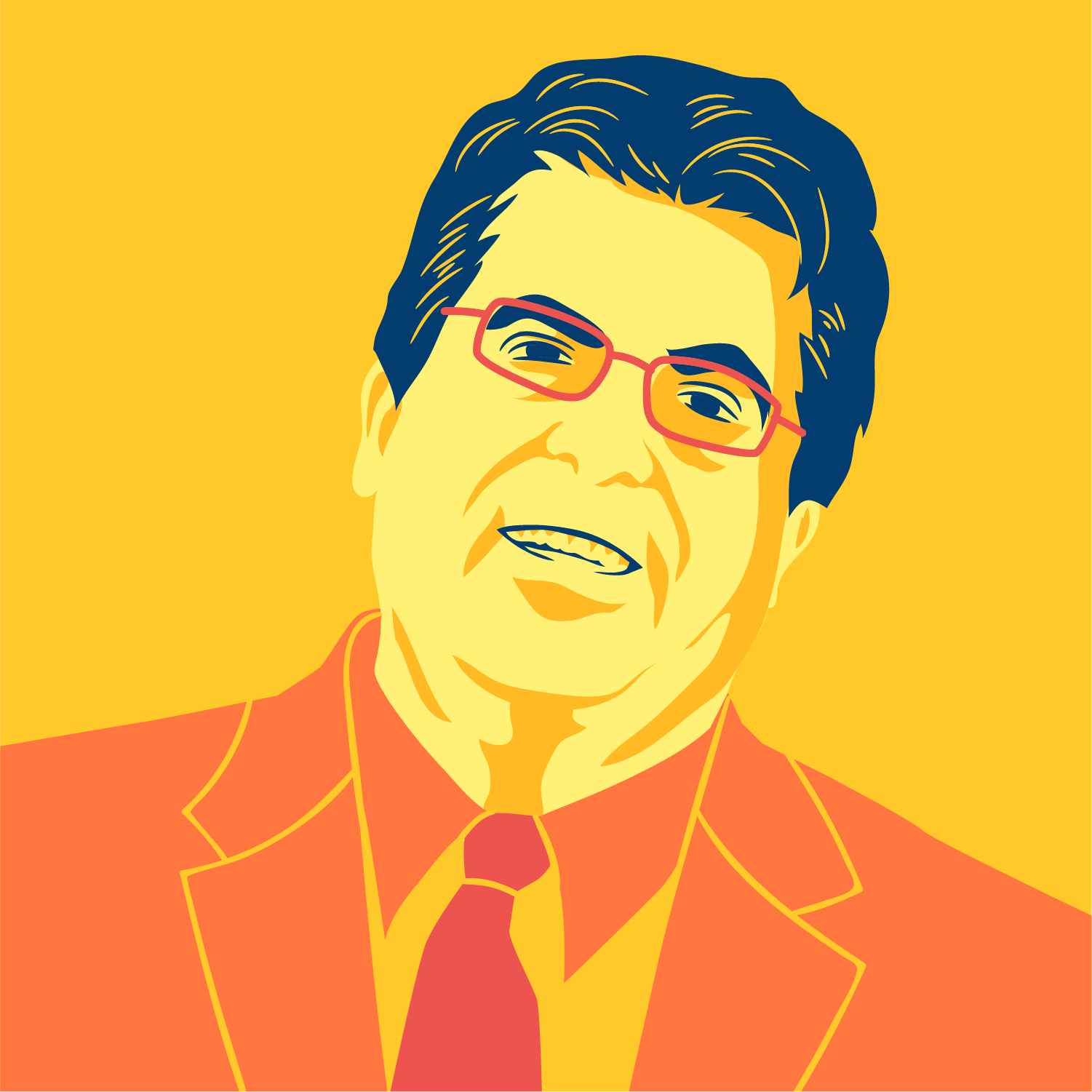In the old days when we didn't have so many administrative agencies and they didn't have so much power and Congress actually had to legislate, it was much more difficult to have significant change in any particular area of policy. To do anything radical, you had to have a consensus among Congress. You had to get through all the committees in both houses of Congress, you had to have the vote, and had to get past the Senate filibuster, and then you had to have the President sign the legislation. So policy would inch along generally.
There were occasional dramatic shifts in American politics, like in 1964, in 1936, that would have long term impact, but generally you could be pretty sure as an American citizen that whoever you voted for in the presidential election, whoever won, that unless your candidate won really overwhelmingly to the extent that there seemed to be a growing consensus in favor of their views, that public policy wouldn't change much. That allowed most Americans to be relatively indifferent about elections, which really political activists types don't like, but was actually a very healthy thing for society. We don't want people to have to worry and think about what's going on in Washington all that much. We want them to go about their lives.
But now, whatever particular issue you happen to be interested in, again, be it immigration or civil rights or environmental policy or a labor policy or education policy or transportation policy, or a whole bunch of other things, policy is going to really change dramatically based on who gets elected and Congress isn't going to do much to stop it. So it becomes much more contested and, and bitter. So I think that's a really major concern.
Now I do think that progressives are correct to identify they have some advantage over conservatives. Nevertheless, even though public policy will shift dramatically, depending on whether Republicans or Democrats get to the executive branch, the agencies themselves tend to be staffed by people a) who are liberal Democrats. I think social science studies shows that 80 or 90% of the people who work in the DC bureaucracy are Democrats. And they also tend to believe in their agency's mission, whereas conservatives are often more skeptical of a lot of what these agencies do.
So if a Democrat comes in and says, hey, we're going to enforce civil rights laws that much more strictly and so forth, they have the enthusiastic approval of the people working for them. Whereas if Republican comes in and says, hey, let's slow things down a little bit or engage or make some reforms or do some cost benefit analysis, they'll get some resistance from the permanent staff, the civil servants. So I think it's easier for Democrats to accomplish their agendas than it is for Republicans. And that I think is part of the reason why administrative constitutionalism appeals to progressive legal scholars, or at least some progressive legal scholars, because they understand that there is some inherent advantage to them in the administrative process that they don't have in presidential elections or in judicial appointments or other areas of constitution making.







